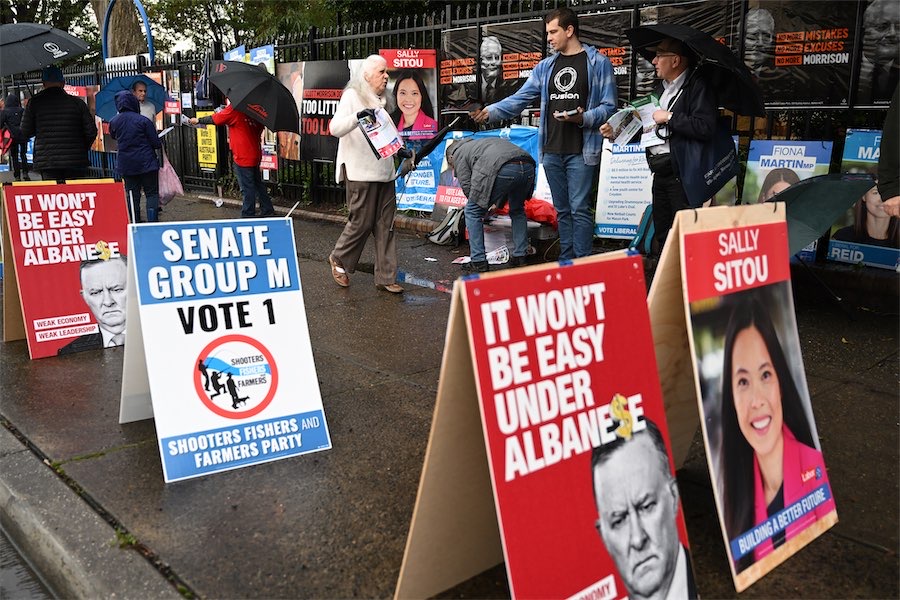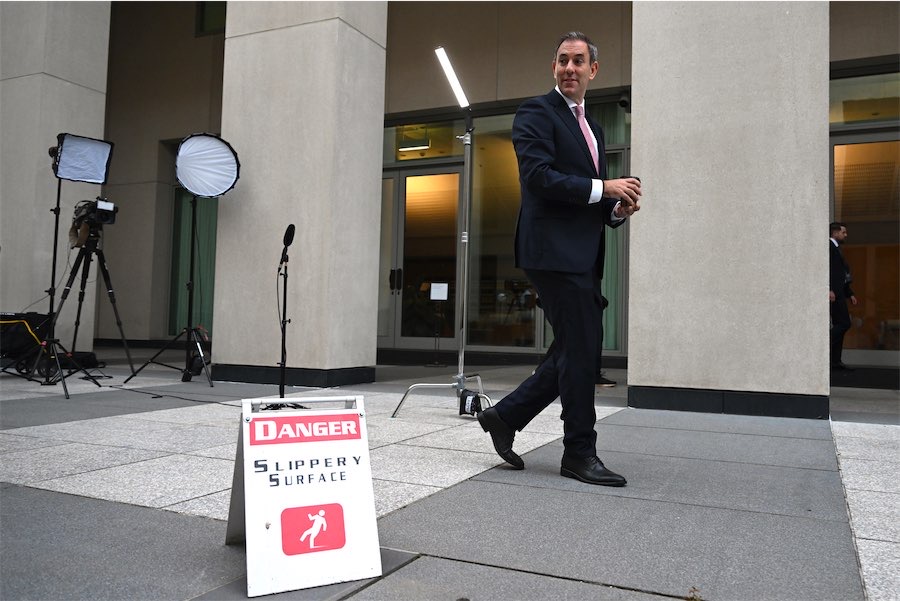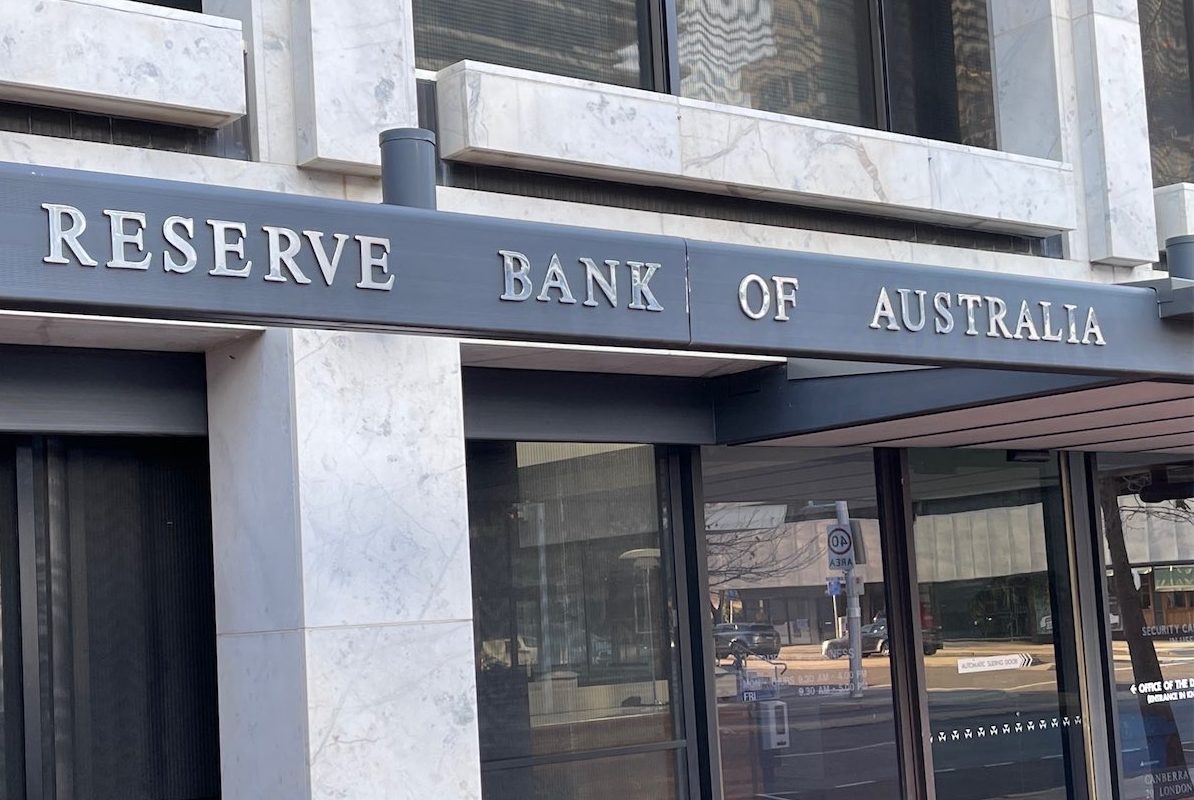
Independent politicians have accused the major parties of “rigging” the electoral system in their favour to win more seats at federal elections.
The Albanese government on Monday introduced reform legislation in the lower house which it said would curb the influence of “big money” in political campaigns and help strengthen democracy.
The proposed reforms come after billionaire Clive Palmer spent more than $120 million in the 2022 election.
Independent MP Kate Chaney slammed the changes as a “travesty” as her attempt – supported by the crossbench – to send the legislation to a parliamentary committee for further scrutiny was voted down by Labor.
Having worked through the proposed reforms with the coalition, the bill is expected to pass parliament without the government needing to secure the support of crossbench MPs.
When passed, the laws won’t come into effect until mid-2026, after next year’s election due by May 2025.
Assistant Minister to the Prime Minister Patrick Gorman said the reforms would improve transparency around political party donations.
“This bill will seek to remove the influence of big money in politics, ensuring that our electoral system remains a system we can all trust,” he told the lower house.
“Trust that election results are not unfairly skewed by big money, trust that elections are a contest of ideas, not bank balances, trust that we know who is funding election campaigns.”
Under the proposed changes, the donation disclosure threshold will be reduced to $1000, from the current $16,900.
Candidates will be limited to spending $800,000 in an election campaign and can only receive donations of up to $20,000 from an individual.
There will also be a cap on federal spending for non-political parties of $11 million, which covers unions and special interest groups like Climate 200, while registered political parties will have a ceiling of $90 million.
Mr Gorman said the caps would protect the outcomes of Australian federal elections from being unfairly influenced by organisations or individuals with large amounts of money.
Independent MPs said while they backed reform, Labor and the coalition were trying to rush through changes that would favour them, by increasing the amount of public funding they could draw on for campaigning.
“This bill is a travesty, it dresses up a cynical, anti-competitive oligopoly play as reform, which is being fed on an unsuspecting public pretending that it will actually make our system better,” Ms Chaney said.
Independent MP Zali Steggall said the bill enshrined a major party duopoly and likened this to a lack of competition in the supermarket sector, where Coles and Woolworths dominate.
“They’re rigging the game to ensure there is no competition when it comes to elections,” she said.
Independent senator Jacqui Lambie said the alignment of the government and the coalition on the bill was “disgraceful”.
“It’s shameful. Merry Christmas Australians, here come the major parties taking more of your cash,” she told reporters.
Exemptions for expenditure caps will apply for campaign-related travel to support candidates in geographically large or remote electorates.
The bill also aims to protect voters and electoral workers from harassment at the polling booths and prohibits the filming of polling officials and centres without consent.
Mr Palmer has flagged a High Court challenge to the laws, saying they suppress freedom of speech and were stitched up by the major parties to limit political competition.
Special Minister of State Don Farrell argued the caps would level the playing field against billionaires seeking to influence elections with resources unavailable to the average voter.
Who can be trusted?
In a world of spin and confusion, there’s never been a more important time to support independent journalism in Canberra.
If you trust our work online and want to enforce the power of independent voices, I invite you to make a small contribution.
Every dollar of support is invested back into our journalism to help keep citynews.com.au strong and free.
Thank you,
Ian Meikle, editor









Leave a Reply